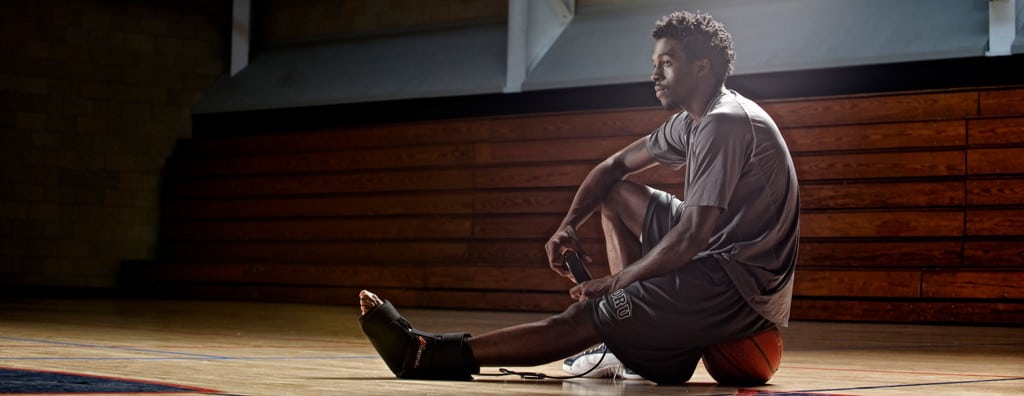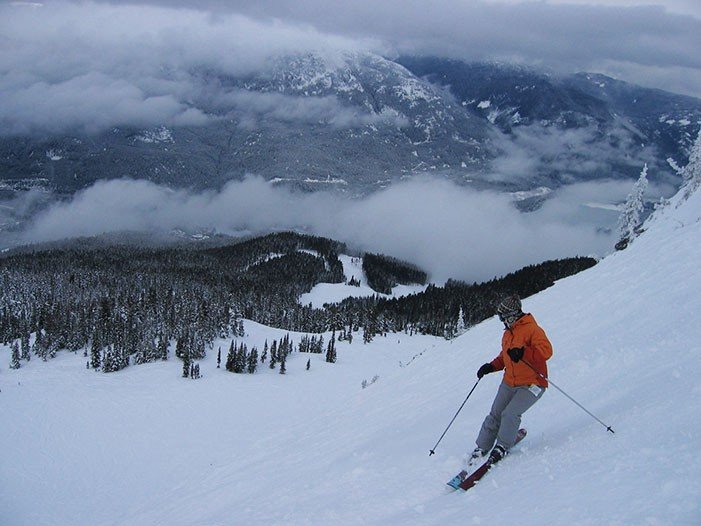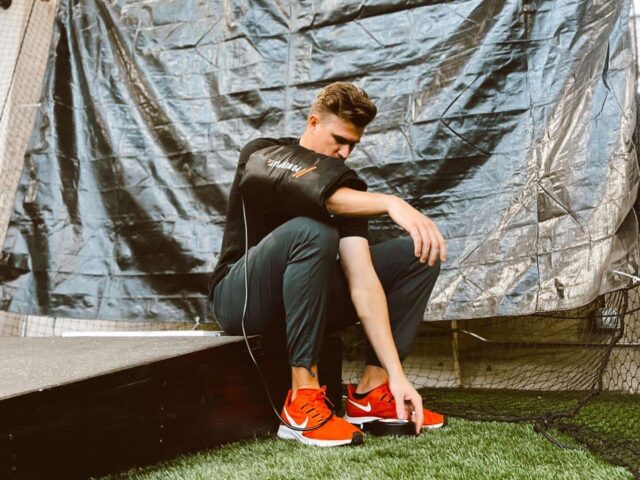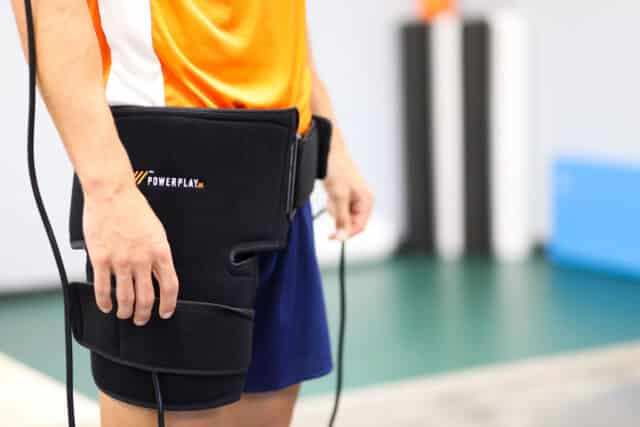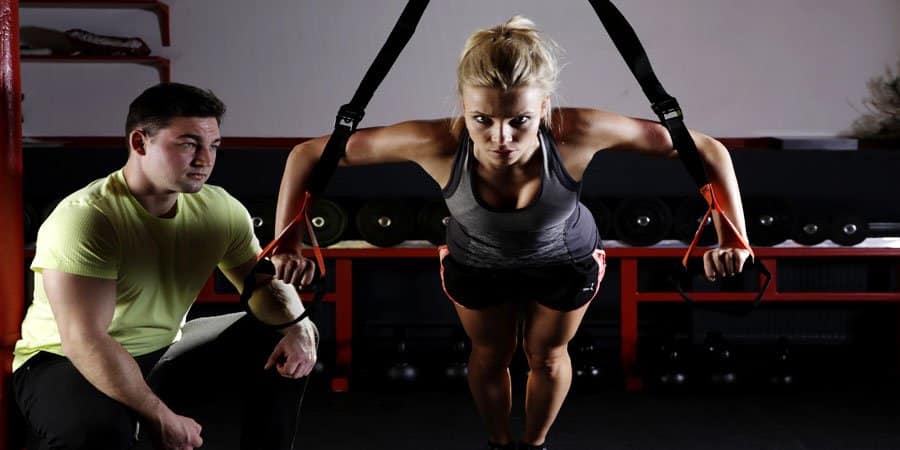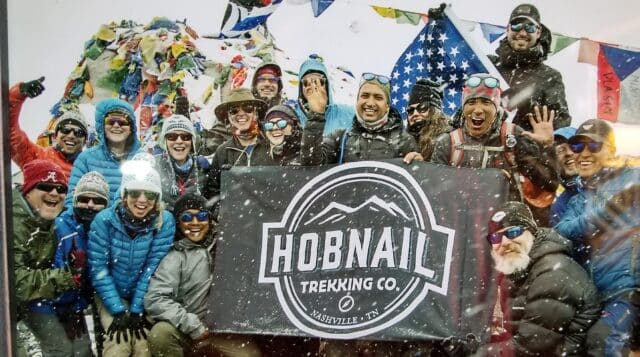By PowerPlay Pro Triathlete, Jessica Meyers
It’s that time of year that we love and hate, the off season. While mentally it’s a nice break from the daily grind, our tightening pants remind us that we probably aren’t doing the activity we are so used to during the “on season.” I want to say first off, I’m not a nutritionist or a doctor. I am giving my point of view from what has worked as an elite athlete in triathlon. Everyone is different, but these are the general guidelines I’ve come to follow through the years.
First off, let’s talk weight gain. During the off season, with less activity and the holidays, it’s very likely to put on a few pounds. For years I tried to fight it, only to beat myself up for indulging. And then I’d feel guilty for indulging, so I’d indulge more. Here is my suggestion: give yourself a pass. Not only is weight gain very normal, it’s also good for your body. The fact is you can’t walk around race weight the whole year. Well, it’s not that you can’t, but you probably shouldn’t. I like to go by the 8% rule. I allow myself to gain up to 8% of my race weight. This allows me the flexibility to not stress over every morsel I eat during the off season, giving my brain and body the much needed break from the strict rigors emplaced when I’m hitting the season hard. However, I found gaining more than 8% I end up spending half the year trying to lose the weight I gained in the off season, something that ends up detrimental to my performance.
Secondly let’s talk routine. With less training, it’s easier to skip the small steps that we incorporate during our heavy training. I’ve written about recovery and how essential it is. This is also true in the off season. While the work load is probably far less than peak season, it is still essential to stay on top of recovery. I have personally found that I am far more likely to get injured in the off season. I am guilty of skipping over warming up or cooling down. Often my excuse is that I’m not going very far or very hard, so I don’t really need it. This is not true! With the cooler temps, warm-up and cooling down becomes even more important so the muscles don’t tighten up in the declining temps. And this also goes for your PowerPlay cold compression! Spend time in them every night if you can. Keep the body healthy so that when it’s time resume more difficult training, the body is happy and ready to go!
